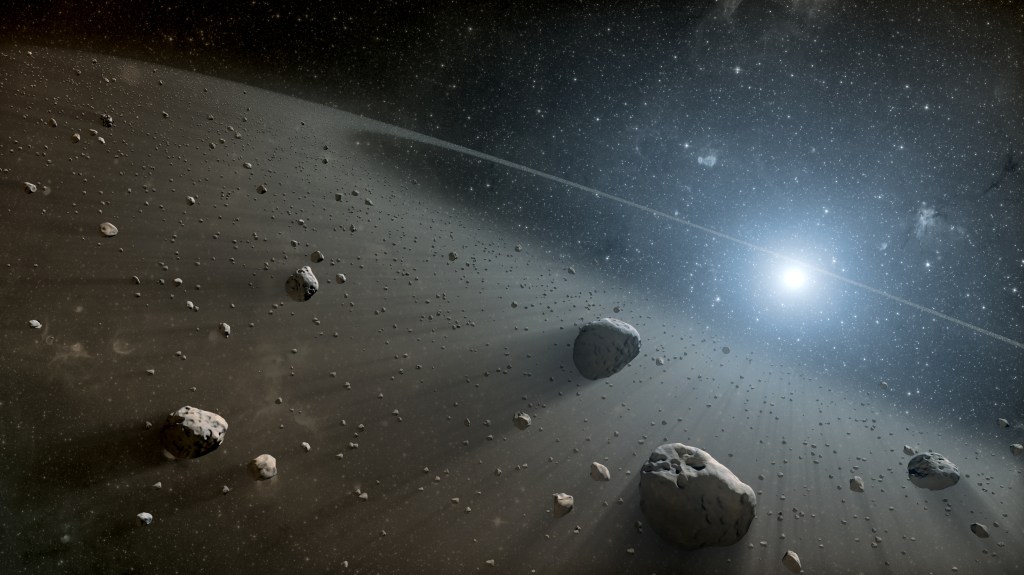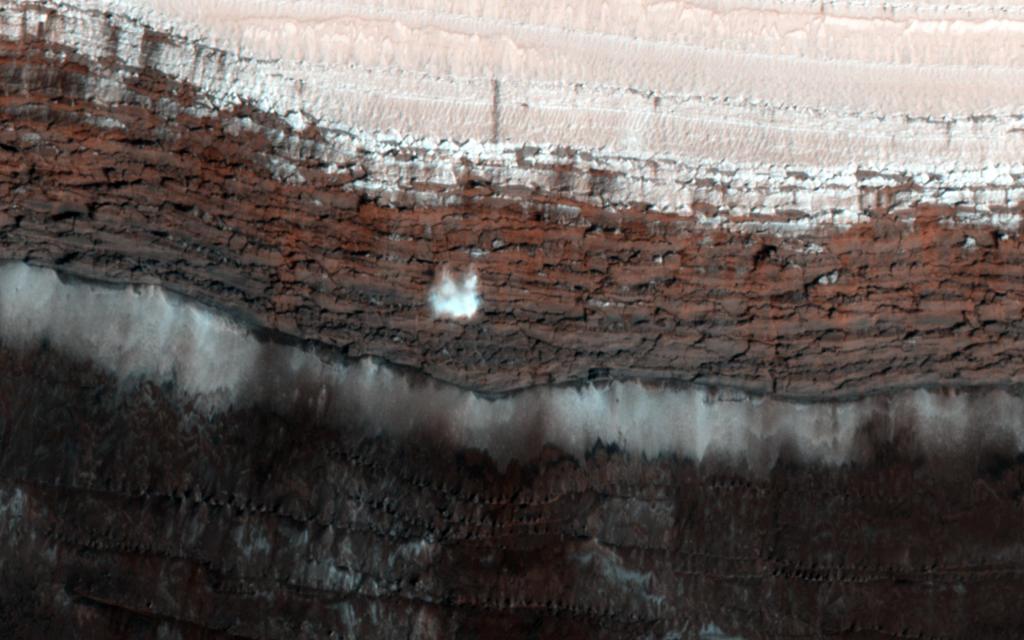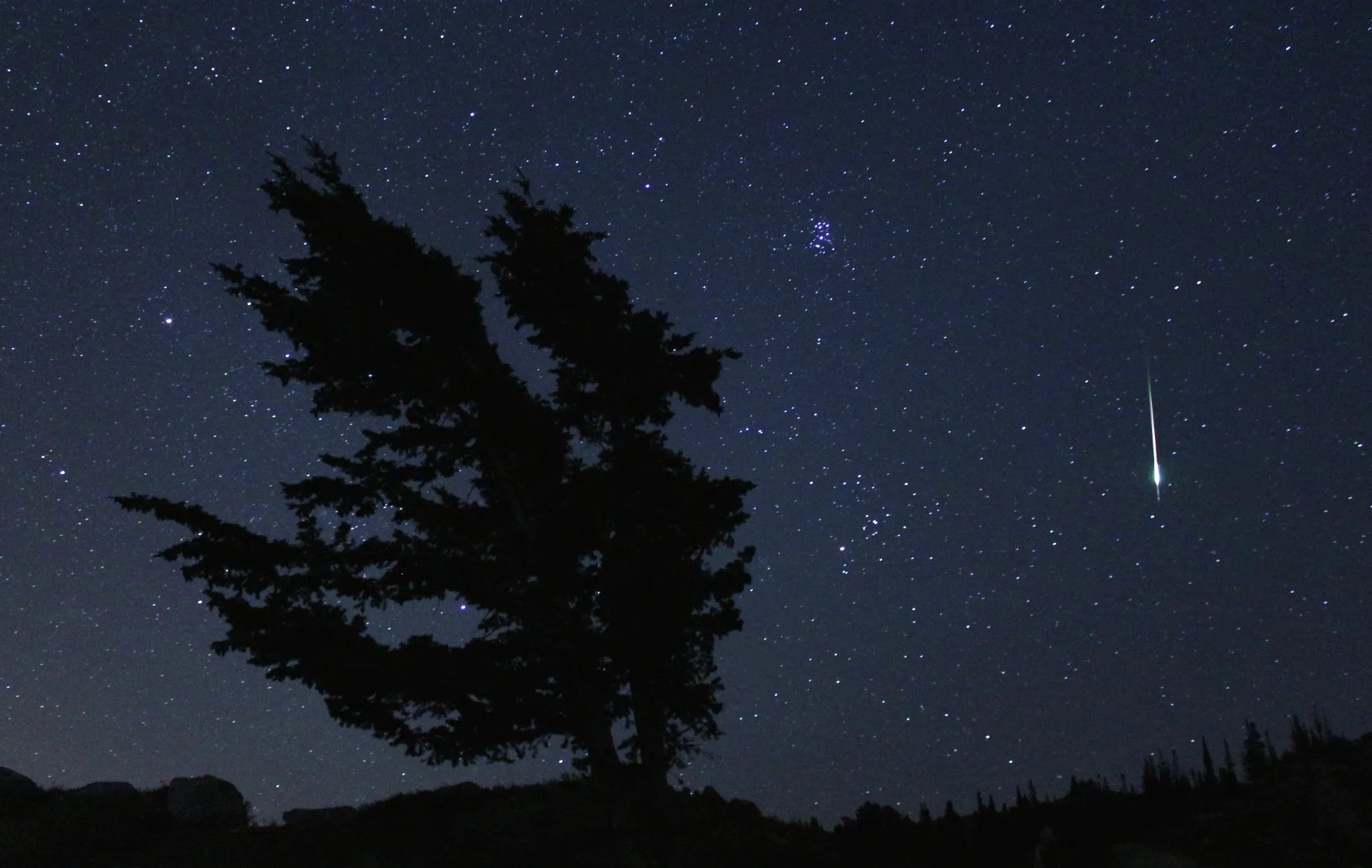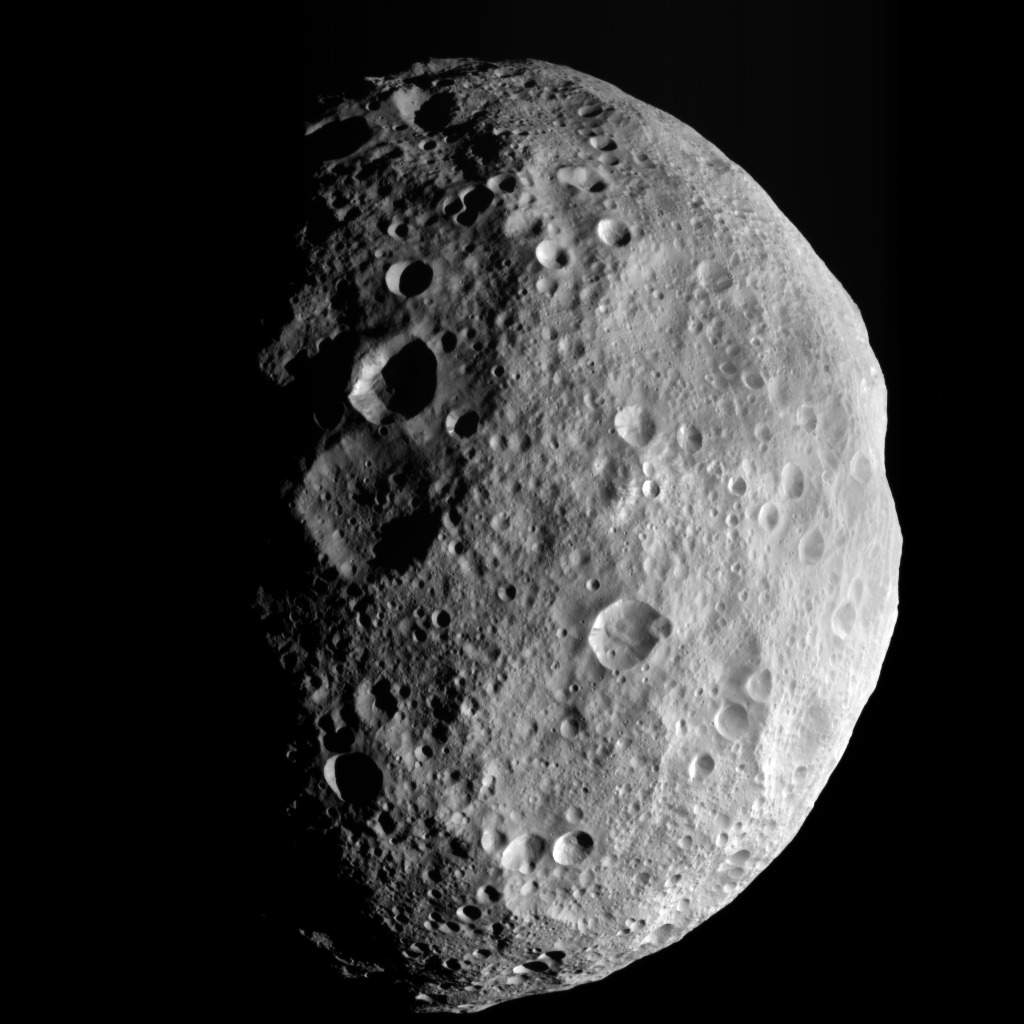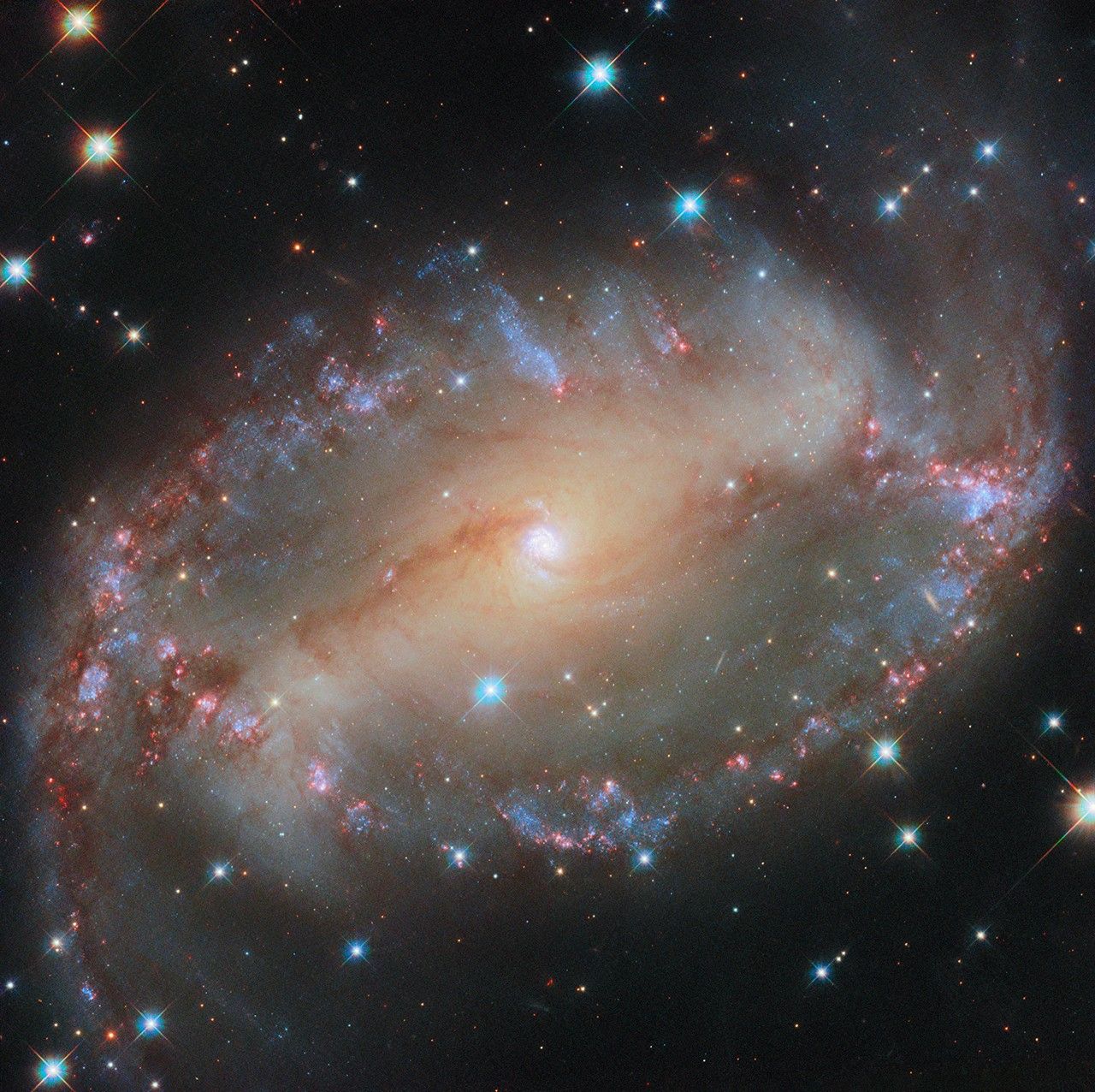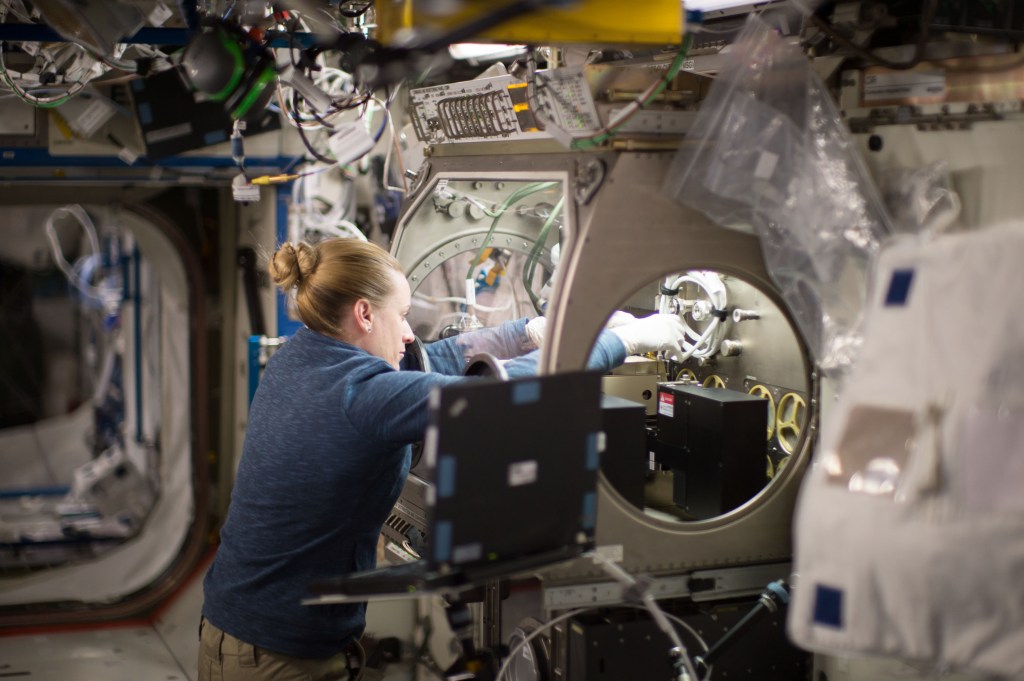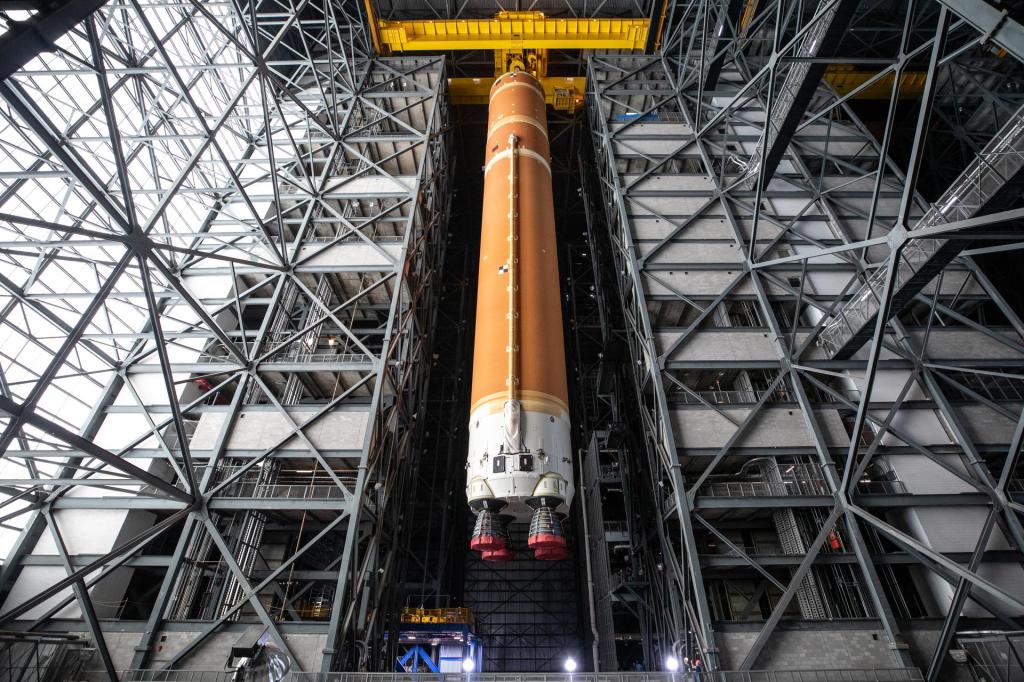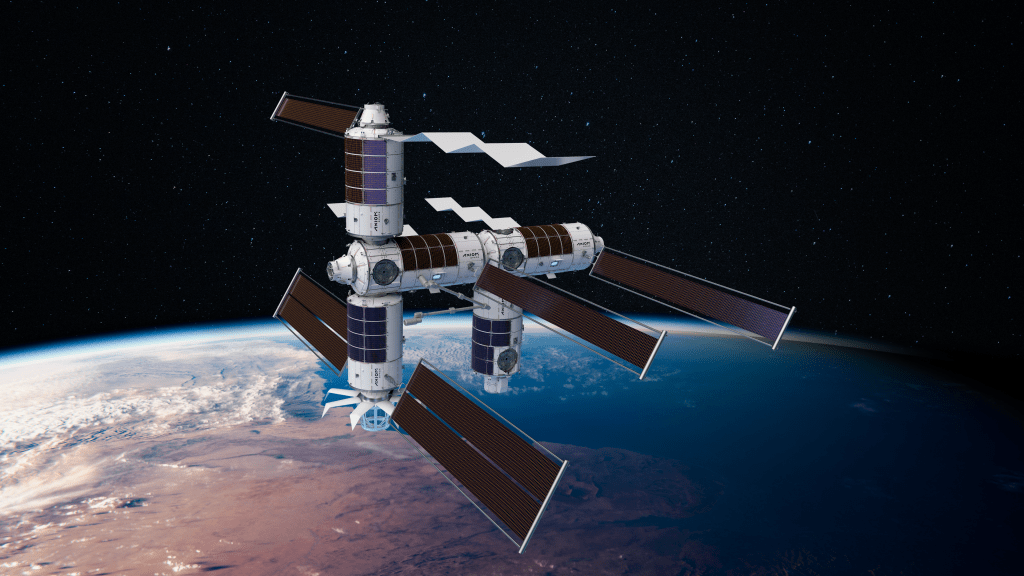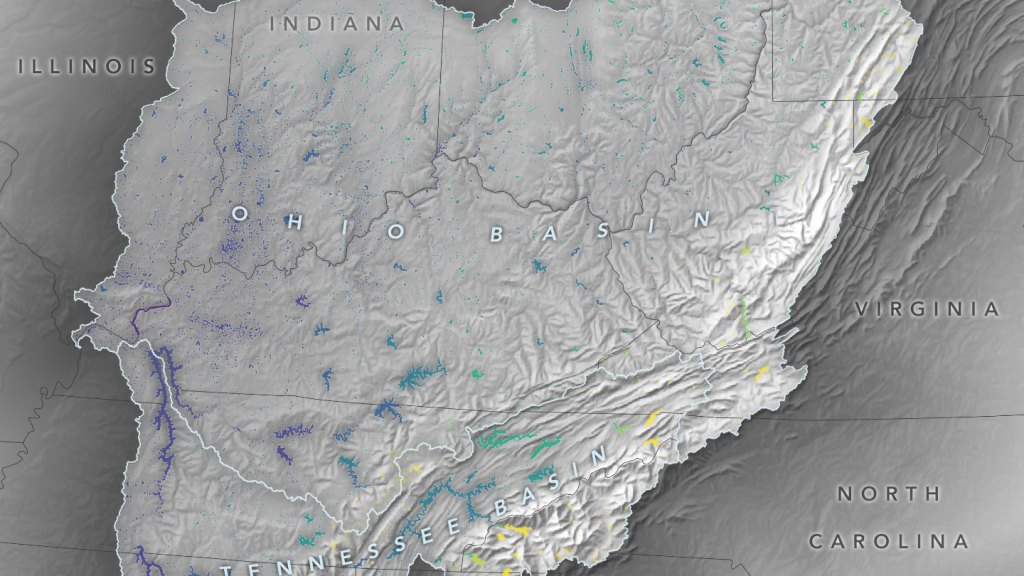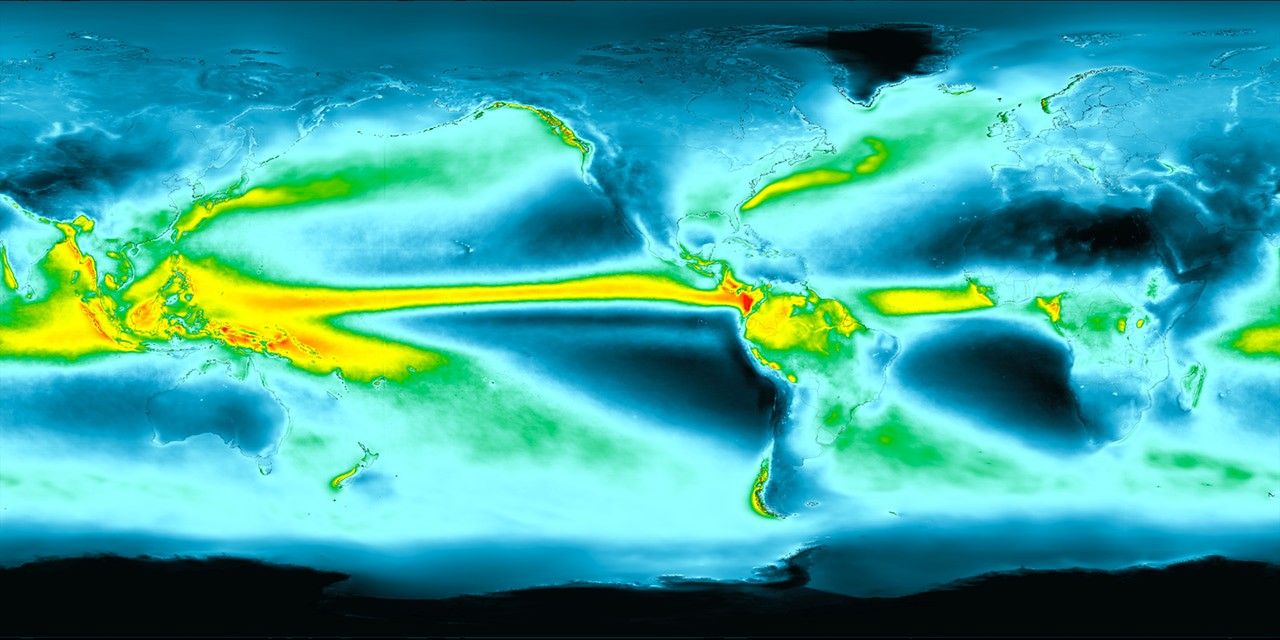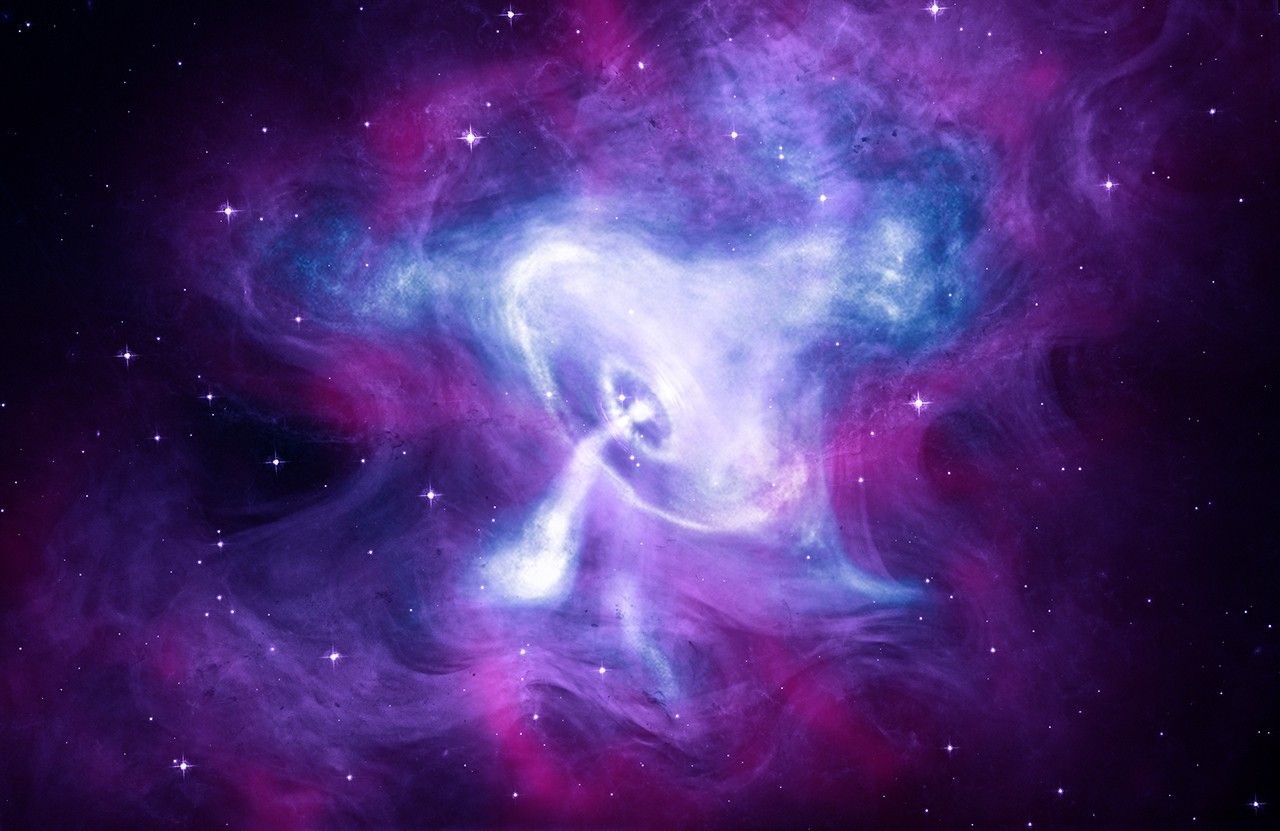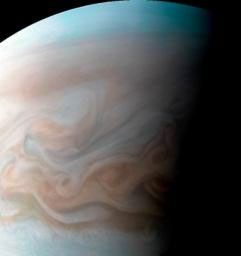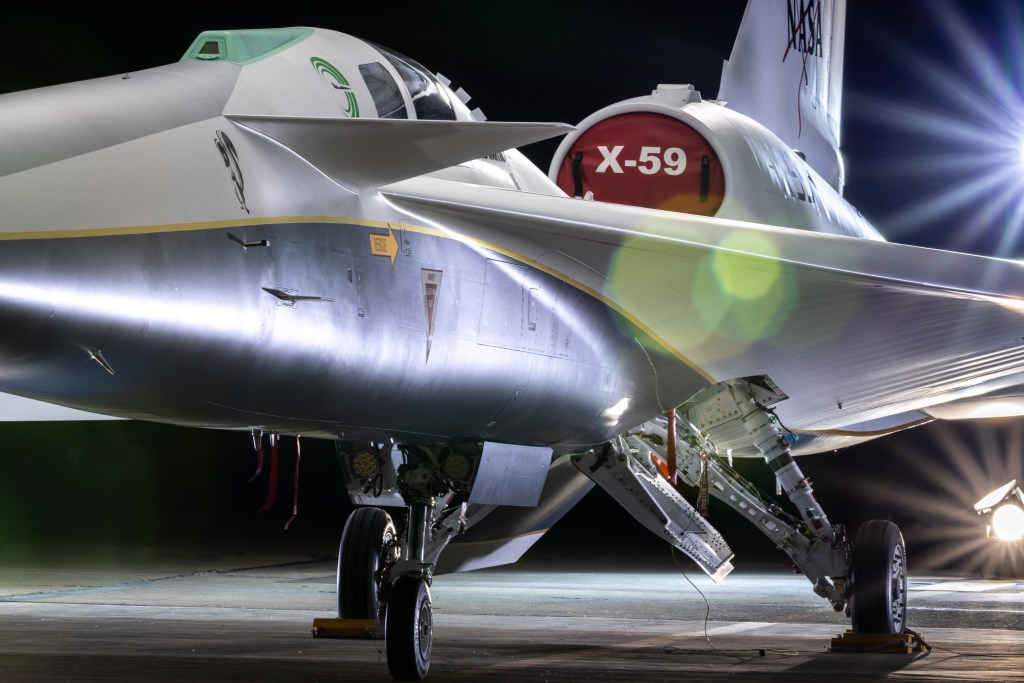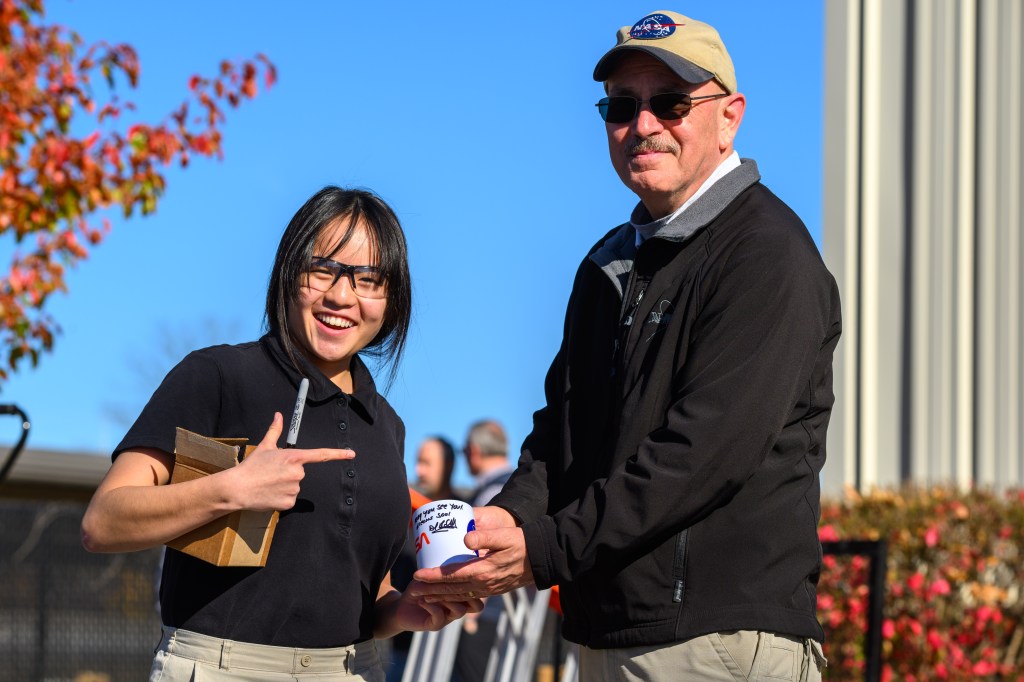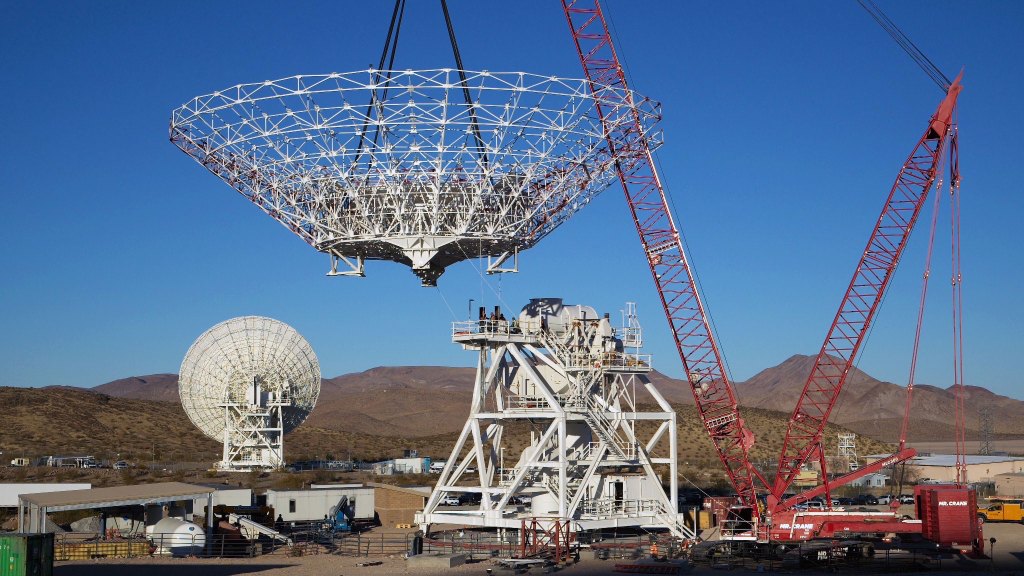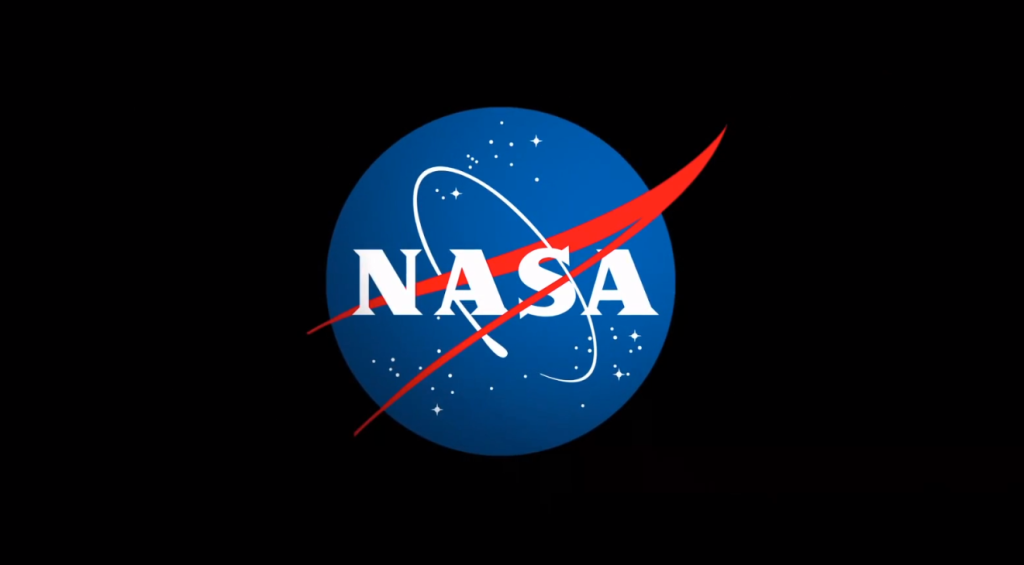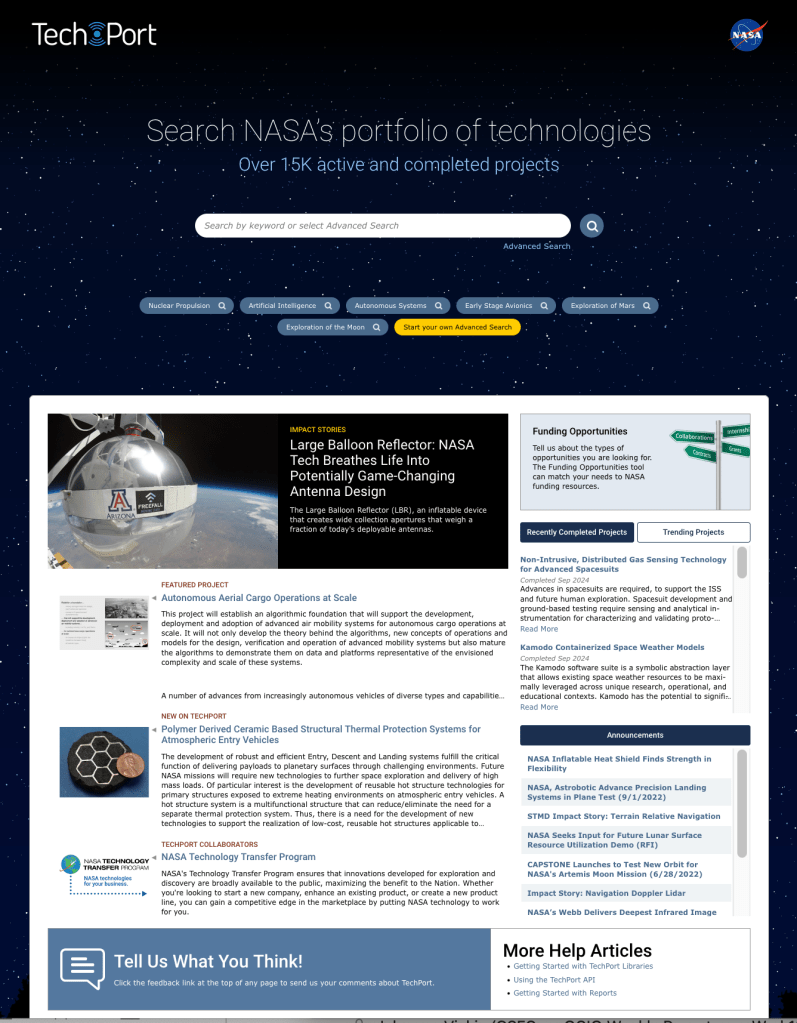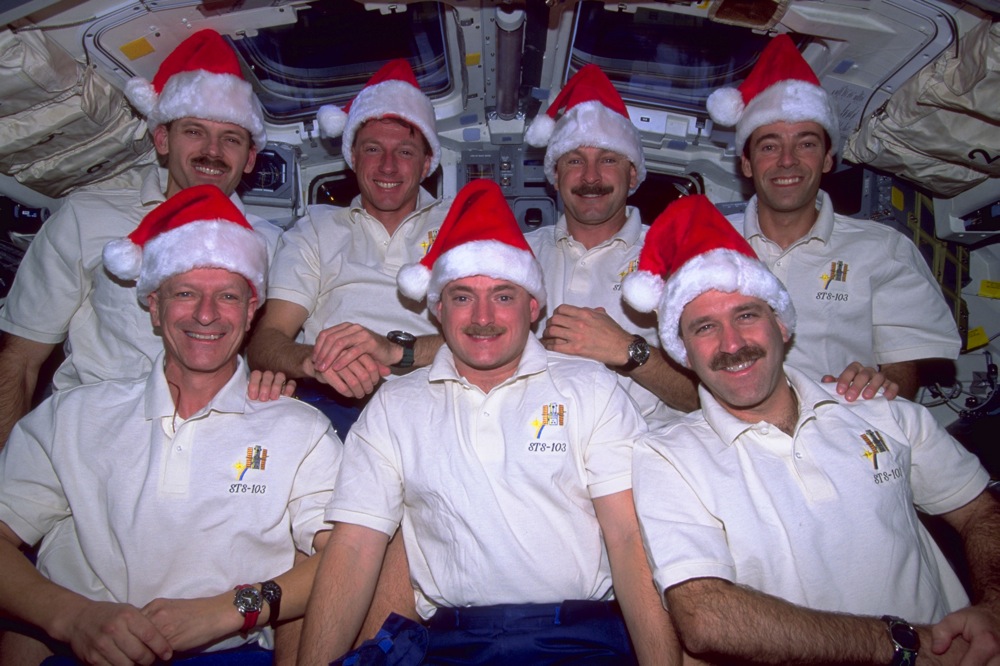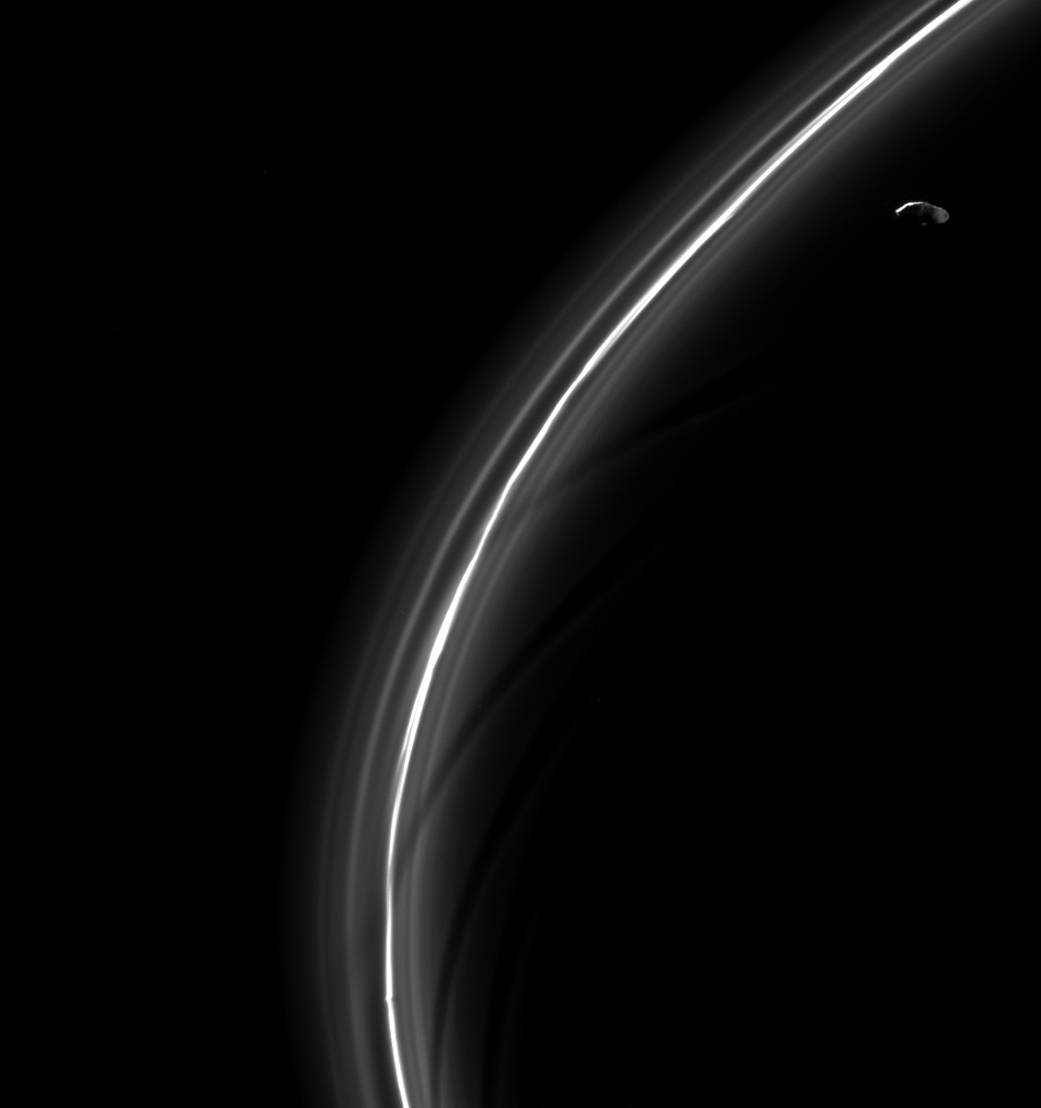Saturn’s moon Prometheus, seen here looking suspiciously blade-like, is captured near some of its sculpting in the F ring.
Prometheus’ (53 miles or 86 kilometers across) orbit sometimes takes it into the F ring. When it enters the ring, it leaves a gore where its gravitational influence clears out some of the smaller ring particles. Below Prometheus, the dark lanes interior to the F ring’s bright core provide examples of previous ring-moon interactions.
This view looks toward the unilluminated side of the rings from about 7 degrees below the ring plane. The image was taken in visible light with the Cassini spacecraft narrow-angle camera on March 15, 2015.
The view was obtained at a distance of approximately 286,000 miles (461,000 kilometers) from Saturn and at a Sun-Saturn-spacecraft, or phase, angle of 115 degrees. Image scale is 1.7 miles (2.8 kilometers) per pixel.
The Cassini mission is a cooperative project of NASA, ESA (the European Space Agency) and the Italian Space Agency. The Jet Propulsion Laboratory, a division of the California Institute of Technology in Pasadena, manages the mission for NASA’s Science Mission Directorate, Washington. The Cassini orbiter and its two onboard cameras were designed, developed and assembled at JPL. The imaging operations center is based at the Space Science Institute in Boulder, Colorado.
For more information about the Cassini-Huygens mission visit http://saturn.jpl.nasa.gov or https://www.nasa.gov/cassini . The Cassini imaging team homepage is at http://ciclops.org .
Credit: NASA/JPL-Caltech/Space Science Institute

